Culture is the foundation, tourism is the bridge
In the program of the 10th Session of the 15th National Assembly , Minister of Culture, Sports and Tourism Nguyen Van Hung said that looking back at 2025 as well as the past term, the cultural sector has received special attention from the Party, the State and the consensus and support of the People. From the perspective that cultural development must be under the leadership of the Party, the management of the State, with the People as the creative subjects and the intellectuals and artists playing an important role, the cultural sector has had clear developments, positive changes in both awareness and achieved many outstanding results.
Along with that, tourism continues to develop, becoming a bright spot in the socio -economic picture; sports leave their mark on the international arena; the press plays a good role as a channel of information, a bridge between the Party, the State and the People. The viewpoint "Culture is the foundation - Information is the channel - Sports is the strength - Tourism is the connecting bridge" has become a consistent and continuous orientation in the leadership and direction of the Ministry of Culture, Sports and Tourism and will continue to be implemented by the whole industry in the coming time.
If in the past, culture was often seen as a spiritual life, separate from the socio-economic field, now this perception has fundamentally changed. Culture is not only the "soul" and identity of the nation, but also becomes a "soft" resource, a direct driving force for development. A typical example is at the Mondiacult 2025 World Conference co-organized by UNESCO and the Spanish Government, Vietnam proposed the initiative "Decade of Culture for Sustainable Development". This is not just a slogan proposal, but a strategic message affirming the central role of culture in global development.
The initiative has received UNESCO’s approval and is being submitted to the United Nations General Assembly for consideration. If approved, this will be the first time a global cultural initiative bears the Vietnamese mark, contributing to shaping a new development mindset in the world - where culture is no longer a “spiritual part” but becomes the foundation of peace, creativity and sustainable development. This shows that Vietnam is not only participating in integration, but is actively proposing, leading and contributing to common issues of humanity with its own cultural strength.
Accordingly, the relationship between culture and tourism is organic and inevitable as Minister Nguyen Van Hung affirmed that "culture has a great impact and is always closely linked to tourism development". First of all, cultural tourism is identified as one of the 12 sectors of Vietnam's cultural industry. Along with that, 5 key types of tourism have been effectively implemented in many localities, including: eco-tourism, sea and island tourism, community tourism, cultural tourism and resort tourism - health care.
When administrative units were reorganized and development space was expanded, the Ministry of Culture, Sports and Tourism asked localities to review their planning and develop more profound, distinctive products. For example, T'Nung Lake was previously only known as a tourist highlight of the Central Highlands. After Gia Lai province (old) merged with Binh Dinh, the Lake could be connected with Ghenh Rang to form an inter-regional product line between the forest and the sea, bringing a more complete experience value.
In addition, the exploitation of relics and heritages is not only for preservation but also needs to be recognized as “cultural assets”, contributing effectively to tourism and the local economy. Typical examples include the Hoa Lo Prison relic (Hanoi), the Trang An complex (Ninh Binh)… which have promoted both the values of heritage conservation and tourism exploitation, not only creating a beautiful image with international friends, but also contributing greatly to local revenue and economy.
Thus, from these orientations, the tourism industry is not only a simple service industry, but also a national “soft power”, contributing to promoting Vietnamese identity, attracting investment, and connecting internationally. Minister Nguyen Van Hung affirmed that tourism has the potential to contribute more than the 8% of GDP reported by the Government, if solutions are well implemented.
Perfecting institutions for sustainable development of tourism and culture
Despite many positive results, cultural development associated with tourism is still a long-term process, requiring strategic vision, synchronous resources, as well as determination and perseverance with the set goals. Success lies not only in exploiting heritage, but in the ability to turn culture into living values, creating sustainable attraction for the destination.
To realize that, first of all, the requirements for a healthy tourism environment are the fundamental factor. Specifically, in the spirit of Decision 82 of the Government, a healthy “destination environment” means that the product must be unique, the service professional, the procedure simple, the price competitive, the environment clean and beautiful, the destination safe and civilized. Accordingly, the connection between culture and tourism is not only in theory but has been specifically planned with products, regions, heritage exploitation and service quality improvement, thereby creating new value for socio-economic development.
However, challenges also exist in many other aspects. In terms of quality, if tourism products and cultural services are not upgraded to international standards, it will be difficult to compete with other destinations in the region. In terms of identity, the integration process poses the risk of "diluting" local culture if it only pursues commercialization, turning festivals or relics into performance activities, losing cultural depth.
Regarding the community, tourism development needs to ensure that people - the creative subjects - can participate and benefit, instead of just "standing on the sidelines". Regarding the environment, destinations can only develop sustainably when they maintain a clean, safe and friendly space. Therefore, the cultural - tourism connection is only truly sustainable when it goes hand in hand with effective governance, respect for heritage, improving product quality and putting people - the local community - at the center.
Notably, institutional improvement plays a decisive role in transforming culture from awareness to action and from spiritual values to national development strength. Minister Nguyen Van Hung said that according to the plan, the Government is proposing to the National Assembly to build a Law on Cultural Industry in the direction of creating development, in order to institutionalize and promote the substantial development of the cultural industry sector.
In addition, the Ministry of Culture, Sports and Tourism is also being assigned to develop the Politburo Resolution on “Revival and development of Vietnamese culture in the new era”. Once issued, the Resolution is expected to help culture truly become an endogenous strength, a regulatory system for the country’s sustainable development, in line with the general development trend of humanity.
In the context of culture being increasingly recognized as a development resource, the Resolution on “Revival and Development of Vietnamese Culture in the New Era” is expected to shape the development strategy, help to arouse endogenous strength, and consolidate national identity in the era of integration and digital transformation. When implemented synchronously, the Resolution will be a “compass”, leading the entire industry in policy making, education, heritage promotion and linking culture with tourism and creative economy.
Along with that, the Law on Cultural Industry, when promulgated, will clearly define the operating mechanism, rights and obligations of the subjects participating in the creative ecosystem - from artists, businesses, investors to the community. The Law will create a transparent environment, encourage investment, protect intellectual property rights and pave the way for cultural and tourism products to develop in an industrial, professional and internationally integrated direction. This is considered an important legal corridor for culture not only to "exist" but also to create economic value, contributing to increasing the proportion of cultural industry in the national GDP.
Source: https://baophapluat.vn/lien-ket-van-hoa-du-lich-thanh-suc-manh-noi-sinh.html








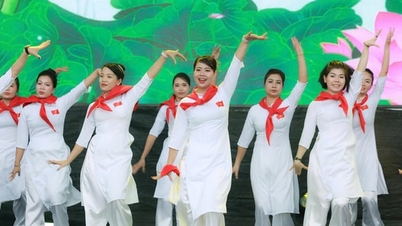



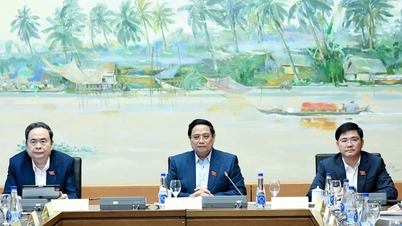










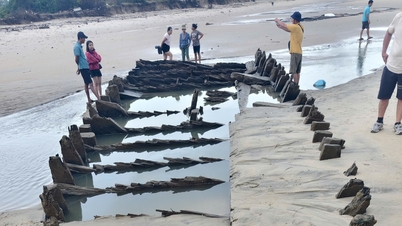



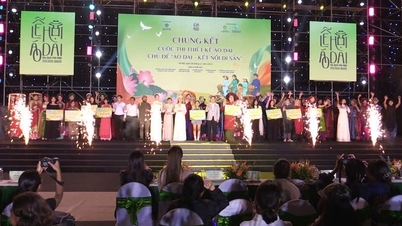





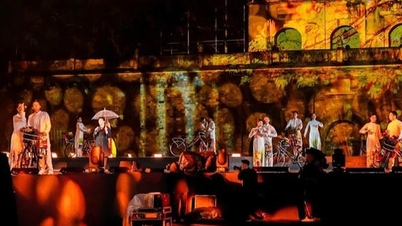
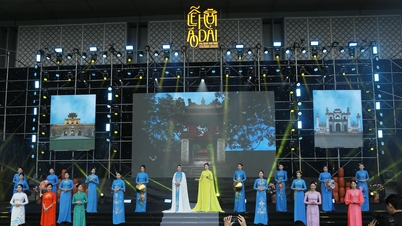

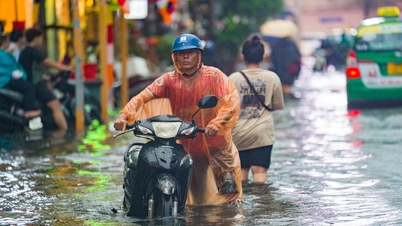
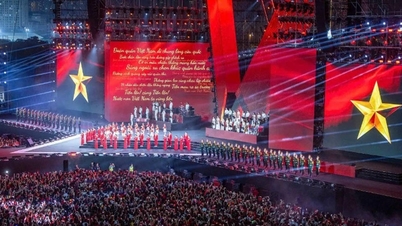
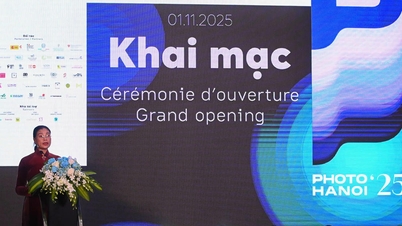



































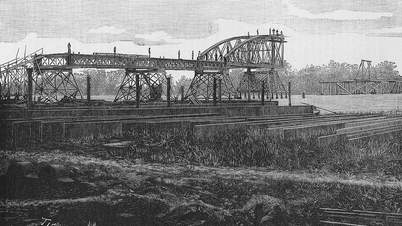
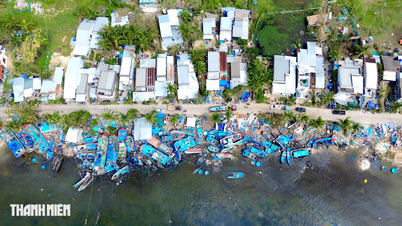
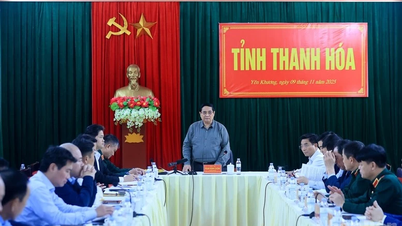



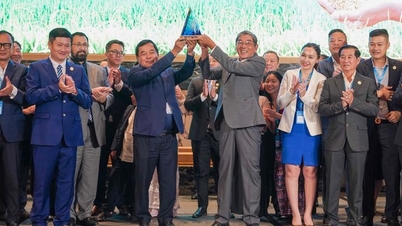



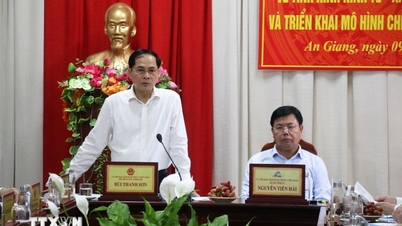



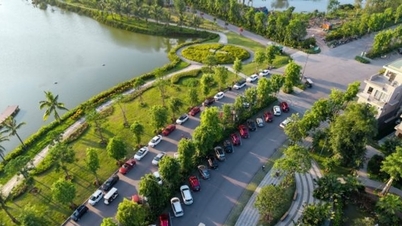



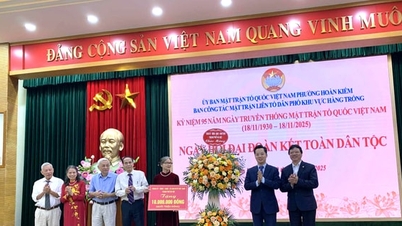


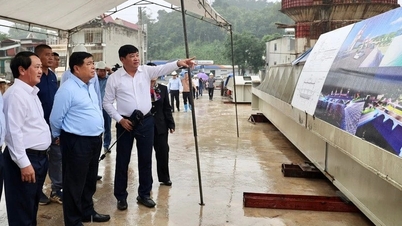












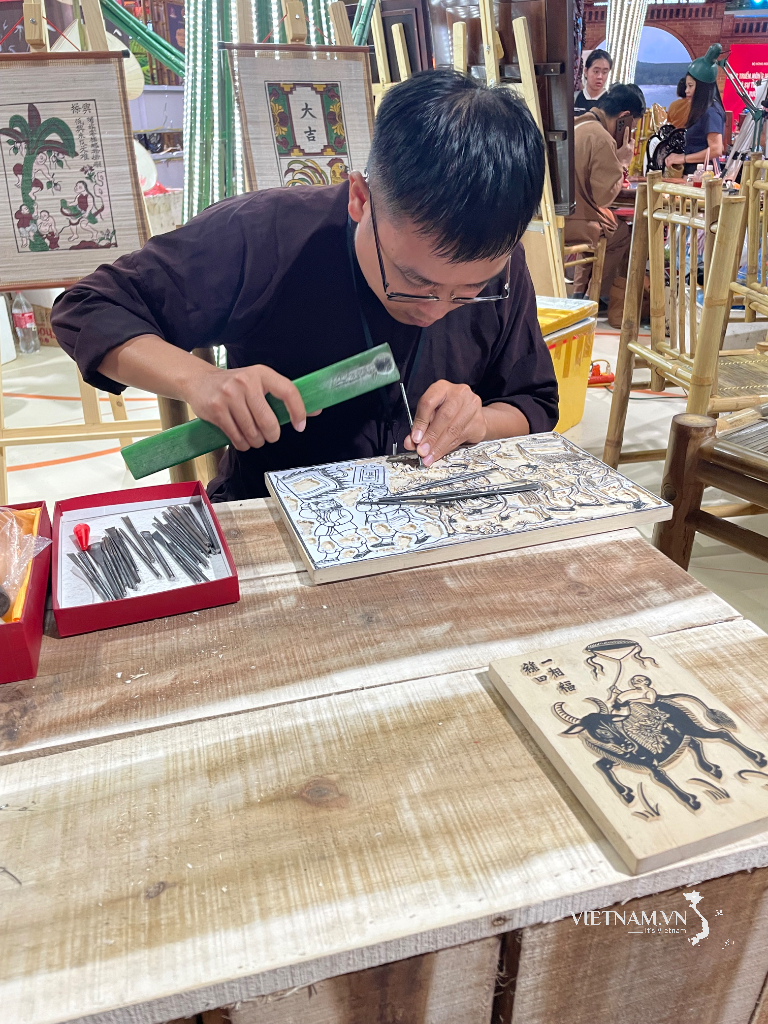


Comment (0)